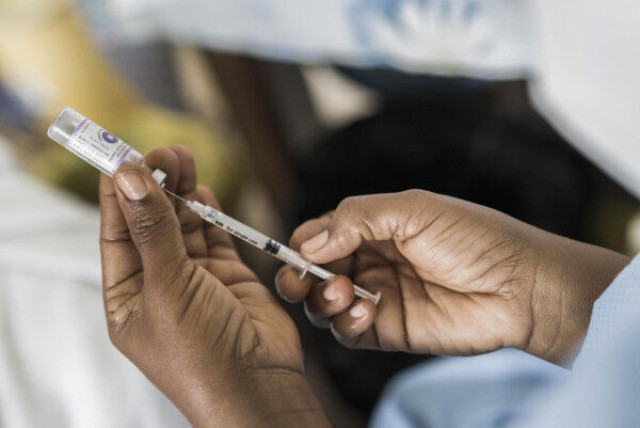Civil Society Organizations (CSOs) have sounded the alarm that approximately 1.5 million children die each year from vaccine-preventable diseases.
During a press conference yesterday in Abuja focused on prioritizing immunization funding for child survival, Mrs. Chika Offor, CEO of Vaccine Network for Disease Control (VNDC), pointed out that Nigeria has one of the highest numbers of zero-dose children who have never received a single routine vaccine, totaling around 2.2 million.
The CSOs have urged the Federal Government to allocate the outstanding N108 billion for immunization in 2024 and ensure the full allocation of N231.7 billion for 2025.
Offor emphasized that without consistent funding for vaccines, over one million Nigerian children under five are at risk of death from preventable diseases.
She highlighted that immunization is one of the most cost-effective public health measures, preventing diseases, lowering mortality rates, and fostering healthier communities and a more robust economy.
Offor expressed concern over daily delays in vaccine distribution due to fragmented funding, leaving children exposed to diseases that could result in their death before reaching their first birthday.
Referring to the District Health Information Software 2 (DHIS2), Offor mentioned that Nigeria accounts for roughly 30 percent of zero-dose children globally, contributing to high child mortality rates, and stressed that behind each statistic lies a vulnerable child facing illness, disability, or death.
She cautioned that coverage gaps threaten to undo the progress achieved, as funding delays mean vaccines may arrive only after disease outbreaks occur, often making it too late for effective response.
Immunization could save an estimated ₦6,000–₦11,000 in treatment costs per child, a sum that most impoverished families cannot afford. For every ₦1 spent on vaccines, there is a return of ₦16 in health and economic benefits, making vaccination essential—not optional—for a child's life.
Additionally, Offor underscored the importance of enhancing domestic financing for immunization and diminishing reliance on donor funds to ensure sustainable and equitable health outcomes.
She called on state governments to establish frameworks that guarantee routine and emergency immunization funding is included in state budgets, released punctually, and utilized effectively.
Former Deputy Chairman of the House Committee on Healthcare Services, Muhammad Usman, reinforced the need for government prioritization of immunization, criticizing the government for having an outstanding amount of N108 billion for 2024 while N271 billion for 2025 remains unpaid with only four months left in the year.
In response to the growing cholera outbreak in Lagos, the Japanese government has pledged $1 million to the United Nations Office for Project Services (UNOPS) for emergency intervention in the state.
The program, named Emergency Support for Cholera Response and Preparedness, is a one-year initiative aimed at building local capacities, enhancing community awareness, and improving early response measures to prevent future outbreaks.
Over the past year, Nigeria has seen about 77,000 suspected cholera cases across 31 states and the Federal Capital Territory (FCT), resulting in 359 deaths.
Lagos State accounted for more than 20 percent of the total cases, highlighting its susceptibility to infectious diseases. Suzuki Hideo, Japan's Ambassador-designate to Nigeria, stated that Japan's support is directed toward the most affected areas in Lagos to combat cholera outbreaks by procuring essential medical supplies through collaboration with UNOPS.
UNOPS Project Manager, Hazel Natukunda, described the project as a pivotal step toward building resilient communities in Lagos, ensuring they can better withstand future health emergencies and protect their citizens' well-being.




















